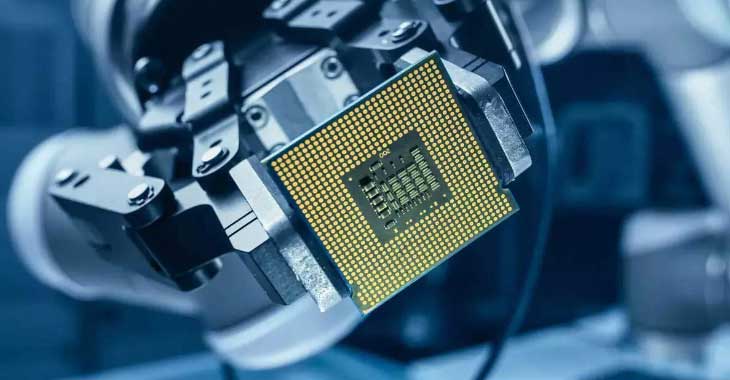There is news that the $1.6 billion CHIPS Act subsidy will help the advanced packaging business in the United States. ASE (Taiwan Advanced Semiconductor Engineering), the world's largest packaging and testing company, and others are working to double production capacity in the United States to help Silicon Valley customers such as AMD, Apple, and Nvidia manufacture new chip designs using energy-efficient silicon photonics and other emerging technologies.
The CHIPS Act is an important industrial policy implemented by the United States government to improve the competitiveness of the semiconductor industry, aiming to promote the development of domestic semiconductor manufacturing and R&D capabilities in the United States by providing financial subsidies and other incentives. Among them, advanced packaging, as one of the key links in the semiconductor industry chain, has also been supported by CHIPS subsidies.
Not long ago, the United States Department of Commerce announced the launch of a new R&D competition to accelerate domestic advanced packaging capacity, which industry sources say is part of the United States National Advanced Packaging Manufacturing Program (NAPMP). Under the CHIPS Act, innovation funding in five R&D areas could reach up to $1.6 billion. The program will award awards for each field of study, with approximately $150 million each. In the wake of this plan, new investments in manufacturing and academic solutions are emerging.
The United States government aims to have multiple high-volume advanced packaging facilities by 2030 and become a global leader in high-volume advanced packaging for the most complex chips. This will help reduce dependence on overseas packaging supply chains and enhance supply chain and national security.

Figure: The CHIPS Act promotes the development of advanced packaging in the United States
The president of TechSearch, a market research agency, said that advanced packaging capacity and R&D demand may be in short supply in the next few years. Artificial intelligence is pushing the limits of high-performance computing and low-power electronics, which has high demands and requirements for advanced packaging. The hot AI market and the need for new technologies present opportunities for the United States.
The CHIPS subsidy has attracted not only the active participation of local companies in the United States, but also the attention and investment of international enterprises. Encouraged by the CHIPS Act, a number of foreign companies have planned to land packaging projects in the United States. For example, Korea chipmaker SK hynix plans to invest $15 billion in advanced packaging facilities in the United States, and TSMC is also in talks with Arizona to possibly build an advanced packaging plant in the state.
Recently, ISE Labs, a subsidiary of ASE, opened a second United States R&D center in San Jose, California, with an investment of about $30 million. ISE's North American customers are developing chips for AI, advanced driver assistance systems (ADAS) and HPC, and plan to include silicon photonic testing as part of their services. In addition, new advanced packaging projects are underway outside of Silicon Valley. The CHIPS subsidy has played an important role in promoting the development of the advanced packaging industry in United States. Through capital investment, technological innovation, industrial chain improvement and market expansion, the United States is expected to achieve breakthroughs in advanced packaging technology and industrial upgrading in the future.






